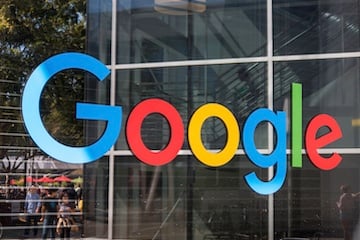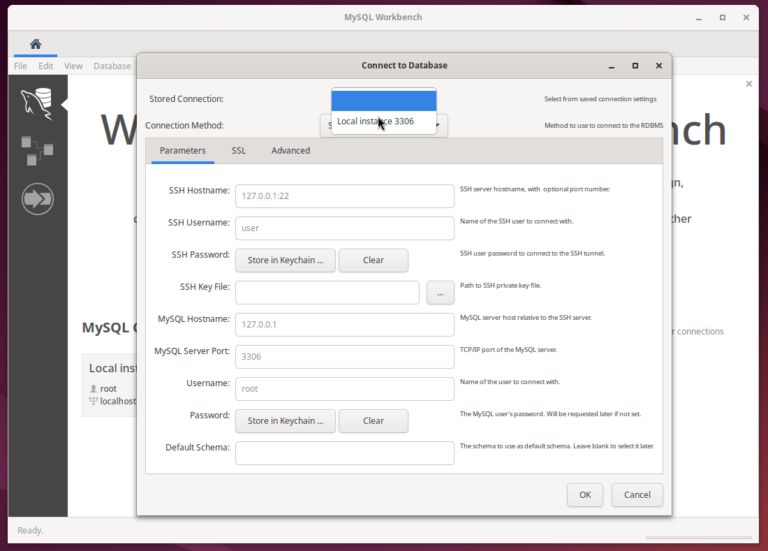
A federal judge ruled on August 5 that Google’s search business violates U.S. antitrust law. In U.S. District Court in Washington, D.C., Judge Admit Mehta’s opinion states, “Google is a monopolist, and it has acted as one to maintain its monopoly.”
Though Google has stated that it will appeal, the ruling will have lasting implications.
Distribution Agreements
According to Judge Mehta, in 2020 nearly 90% of search queries went through Google. The decision focuses on Google’s distribution deals to reach users. The company pays billions to third-party providers — web browser software, mobile device manufacturers, wireless carriers — to be the default search engine. Apple alone received $20 billion in 2022 to make Google the default search engine on Safari.
For Google, more users means more data and more advertising revenue. According to the opinion, Google’s advertising revenue grew from $47 billion in 2014 to $146 billion in 2021.
The Ruling
In 2020, the U.S. Department of Justice filed two lawsuits against Google. One claimed that the distribution agreements violate the Sherman Antitrust Act, which prohibits activities restricting commerce and competition. The second asserted that Google Ad Manager restricted competition in advertising technology.
Judge Mehta, ruling in the first case, concluded that Google indeed violated the Sherman Antitrust Act, stating:
- General search services and search ads are distinct markets,
- Google has monopoly power in those markets,
- Google’s distribution agreements are exclusive and anticompetitive,
- Google has not offered valid procompetitive justifications for those agreements.
He also concluded that Google charges “supracompetitive” prices for general search text ads, which show its monopoly power.
Mehta announced no fines or sanctions pending Google’s appeal.
Advertisers
Little will change in the short term to impact advertising performance. Likely Google will cease pursuing new distribution deals. Even if the ruling is upheld, it’s unclear when and if those deals end. For example, the Apple deal is through 2026.
Nonetheless, advertisers should consider options beyond Google. Presumably more search providers will emerge, although Google will likely remain the most popular. (AI-powered search competitors have not lessened Google’s dominance, per SparkToro.)
Future legislation could force platforms such as Safari to give users a clearer option of their preferred search engine. We’ve seen this scenario with user privacy. Websites must be transparent about how they use and collect data and allow users to opt out of tracking.
This ruling could foretell similar lawsuits. The DOJ’s second case, against Google Ad Manager, goes to trial in September, and the Federal Trade Commission has charged Amazon and Meta with anticompetitive practices.






